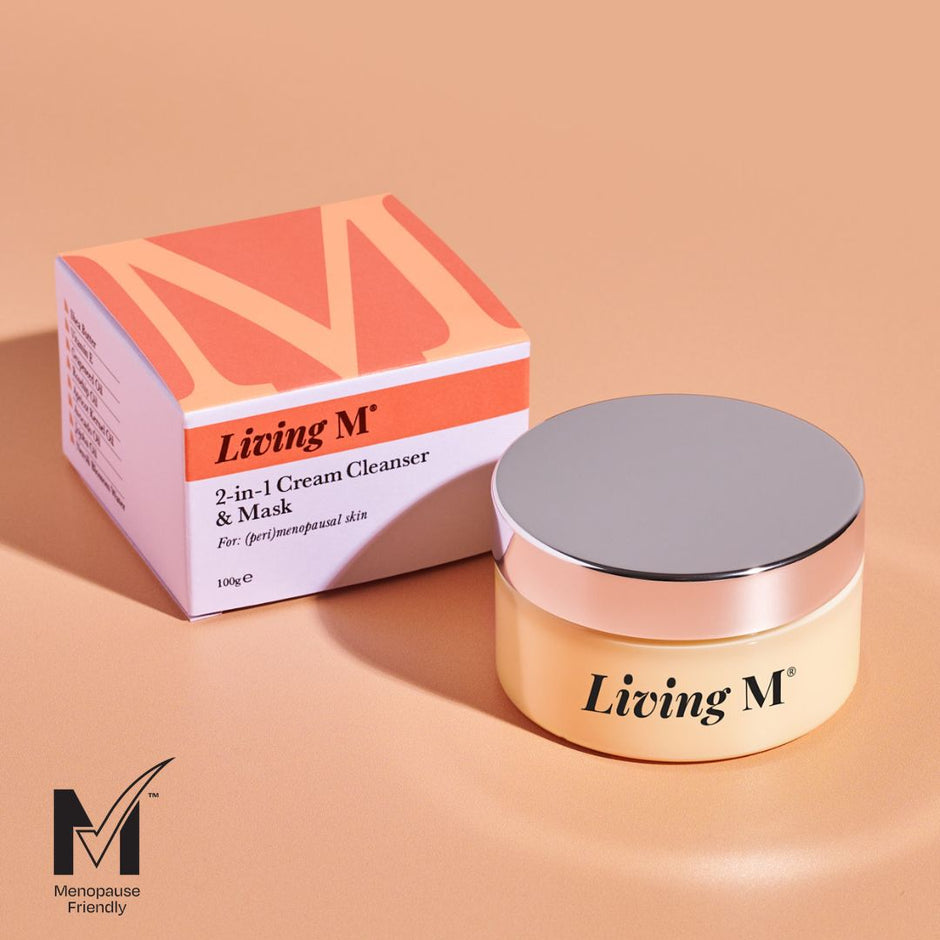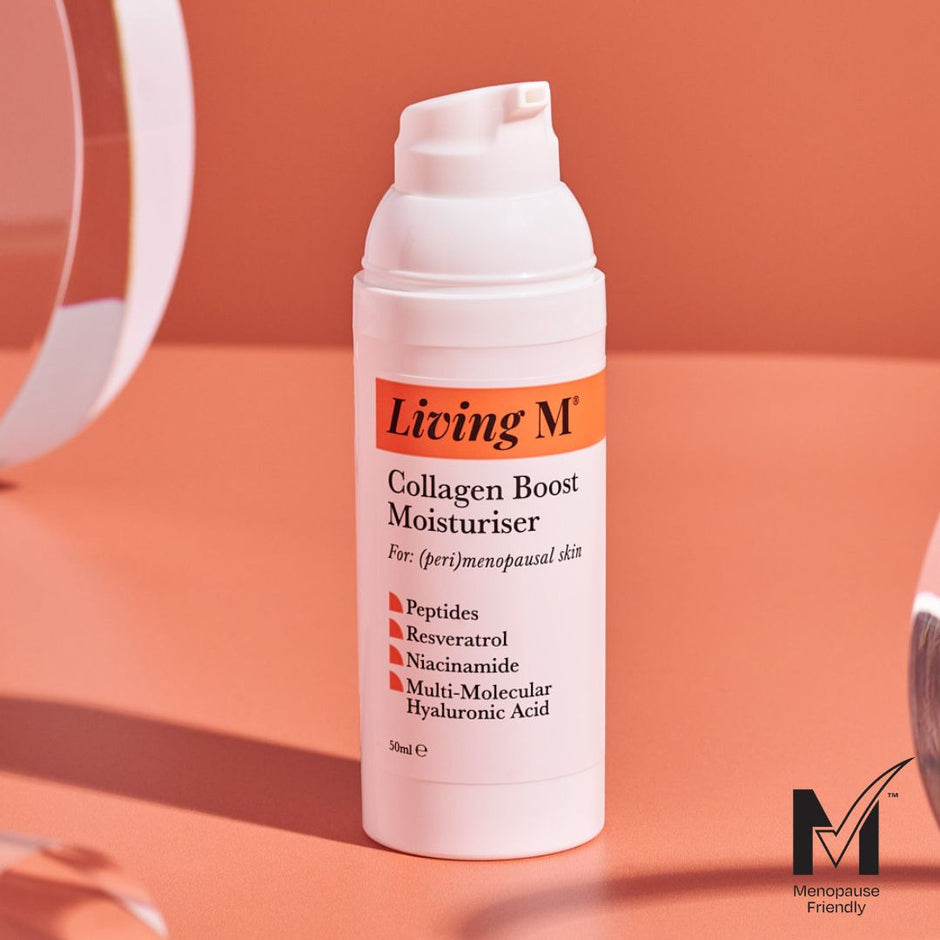What’s going on with menopause and brain fog? Out of the blue you seem to have lost your ability to think straight or concentrate.
You tail off mid-sentence because you have lost your train of thought or can’t remember a simple word. You find yourself standing in the middle of a room because you can’t remember why you came in here. You have to read and re-read the email because your mind keeps wandering off and you can’t remember what you just read a minute ago. You’ve stopped reading books because you struggle to follow plot lines. Usually super-organised, these days you seem to be constantly forgetting things.
Sound familiar? If you are a woman in your 40’s or 50’s (although it can happen earlier or later) you may well be suffering from brain fog, a common but lesser-known symptom of perimenopause.
1) Brain Fog Is Real
“Brain Fog” or “Menopause Brain” isn’t all in your mind – its real. You aren’t going crazy. The physical and emotional symptoms related to the changes in your hormone levels are very real and can be debilitating. In perimenopause and the early stages of menopause, women describe changes in their ability to think clearly, make decisions and function well mentally. Forgetfulness, inability to concentrate or focus, as well as problems with memory are very common during this time. This can have a huge impact on your self-confidence and can make life difficult at work and at home.
2) It’s more common than you think
When we think of menopausal symptoms, hot flashes and missed periods come to mind. Despite all the recent progress in the conversation around menopause, there is still relatively low awareness of how it can impact women’s cognitive abilities. Brain fog isn’t a symptom we automatically associate with the menopause, but it does affect over 60% of women. We now know that 2/3 of menopausal women will experience “brain fog” during the menopause transition.
3) It can affect you much earlier than you might be expecting
Brain fog can often be one of the earlier symptoms of the menopause because it typically occurs during the perimenopausal phase. It can often strike before the physical symptoms like missed periods or hot flashes. Not realising that these problems are caused by the menopause, a lot of women worry this is the onset of dementia or that there is something seriously wrong with them.
4) It is caused by changing hormones
Menopausal brain fog is caused by the effect of fluctuating and declining hormone levels on the female brain. The first hormone to decline is progesterone and this is linked to irritability, mood swings and brain fog. Decreased progesterone levels can also cause sleep disturbances. Poor sleep in itself can affect the brain’s ability to function. Declining oestrogen levels cause some of the better- known symptoms of menopause – hot flashes, mood changes, fatigue and mental confusion.
4) There are things you can do to make it better
Coping with brain fog can be really tough but there are things you can do to help and ease your symptoms
HRT. If you are finding your symptoms debilitating, HRT (hormone replacement therapy) can successfully alleviate menopausal symptoms. We recommend you visit www.mymenopausedoctor for information on managing the perimenopause and menopause. Dr Louise Newson is a GP and menopause specialist, and her website is a brilliant source of information for women going through menopause. There is a very useful section on how to approach your GP to discuss HRT.
Eat A Balanced Diet. Eating a healthy diet rich in whole foods and health fats can help with cognitive function. Base your diet around fresh fruits and vegetables, whole grains, lean meats, fish and olive oil. Make sure you are drinking enough water – aim for 2 litres a day.
Get Enough Rest. Poor sleep can make brain fog worse. We know that menopausal symptoms can make getting enough sleep a tall order but there are things you can do to try and get proper rest
- Avoid spicy food, caffeine and alcohol near bedtime
- Make your room cool
- Switch off your phone at least a couple of hours before bedtime
- Yoga, meditation and massage can all help promote a better night’s sleep
Make Time for Exercise. Exercise can help boost brain function and help you get a better night’s sleep. Make time for a balance of cardiovascular, strength training and relaxation like yoga each week.
5) It will get better after menopause
Dealing with brain fog can be hard, but it generally does get better after you have gone through the menopause. Symptoms typically improve over time but if you are finding them too hard to deal with make sure you seek the help you need and make taking good care of yourself a priority.




